Putting
Children
First
Assessment
Accuracy
Accurate assessment is a cornerstone of children’s learning.
It provides a framework within which objectives may be set and children’s progress monitored and analysed. This should be done in partnership with the children.
Our assessment is be incorporated systematically into teaching strategies in order to diagnose any problems and chart progress.
It helps the school to strengthen learning across the curriculum and helps teachers enhance their skills and judgements.
Formative assessment is the central strategy for mapping children’s progress and next steps.
Half-termly testing in key areas of maths and reading also support summative assessments. We protect children’s self-esteem by not sharing test results and scores in a public way in class.
Principles
Using the principles and processes of assessment, we aim to:
- monitor progress and support learning
- recognise the achievements of pupils
- guide future planning, teaching and curriculum development
- inform parents and the wider community of pupil achievement
- provide information to ensure continuity when the pupil changes school or year group
- comply with statutory requirements


Teachers and support staff are constantly assessing; they observe, ask questions and work with groups and individuals throughout the day.
Work where possible is marked alongside the child. Marking is a dialogue and teachers often ask a question or give a challenge when marking written work.
Each term, teachers in Years 1 – 6 record the attainment in reading, writing and maths for each individual pupil.
Results are used to inform planning, set targets and aid early identification of special needs.
Children will be assessed throughout each term to ensure that the next steps in learning are appropriately planned in order to help children make progress.
Reception assessment
During their reception year, children will be assessed using the Early Learning Goals which are based on the teacher’s ongoing observations and assessments in the areas of learning.
Each child’s typical developments and achievements are recorded on the school tracking system.
Teachers meet with the Headteacher and Deputy Headteacher to discuss assessment and to find ways to remove barriers to learning.
In pupil progress meetings the HT and DHT meet with teachers to discuss any children who are not making progress and to plan additional support.
Teachers meet with parents individually to discuss progress in mid-autumn term and mid-spring term. A detailed written end of year report is also produced.
Statutory tests set by the Department for Education
During the Summer term, pupils in the Foundation Stage, Year 2 and Year 6 children are assessed using teacher assessment and National Standard Assessment Tasks and Tests.
The results are shared with parents and Year 2 and 6 results are published in the school’s prospectus.
Year 1 pupils undergo a phonics screening test during the Summer Term.
Results are analysed, used to inform planning and identify areas for development on an individual and whole school basis.
They are also used to support the on-going teacher assessment of pupils learning and achievement and aid the target setting process for the next academic year.
Other ways in which we keep you informed...
Autumn Term Parents’ Evening – Parents are invited to attend a formal Parents’ Evening in the Autumn to discuss how their child has settled back into school, as well as their initial progress.
Spring Term Reviews – These are formal parent interviews held in February. Parents are invited to make a ten-minute appointment with the class teacher to discuss their child’s progress and to look through samples of work.
Targets and ‘Gap Analysis’– Targets for English and Maths are shared with parents at Parents’ Evening through the form of a Gap Analysis report via Otrack.
Progress Checks – Brief progress reports at the end of the Autumn and Spring terms provide on-going information about children’s achievements against their targets, their behaviour/learning attitudes and attendance. The reports also provides ‘next step’ advice on how you can help your child.
Class Dojo – All parents and carers have access to a Class Dojo account where they can communicate directly with the class teacher and support staff.
Annual Written Report – Every child receives a written progress report at the end of the school year. The report addresses all areas of the curriculum and also includes comments on behaviour, attitude and effort. Parents are asked to acknowledge receipt of the report and are given the opportunity to write comments. Contents of the report can be discussed with the class teacher, if required.
Curriculum Sharing Sessions – From time to time meetings are organised to help parents to keep in touch with how the curriculum is taught. These occasions may take the form of ‘try-it’ sessions when parents will be able to experience activities in different subject areas and see examples of children’s work at different age levels. In addition to explanations about teaching strategies, parents are given guidance about games and activities to try at home.
Reading Diary – We give every child a Reading Diary. This is mainly a reading diary to record books read to a parent, or independently, at home.
Learning Log – Homework is communicated through the use of a Learning Log.
The Headteacher and all other staff are always available to give advice, provide reassurance or suggest ways in which you can help your child at home.
If you have any worries about progress please don’t hesitate to ask.

